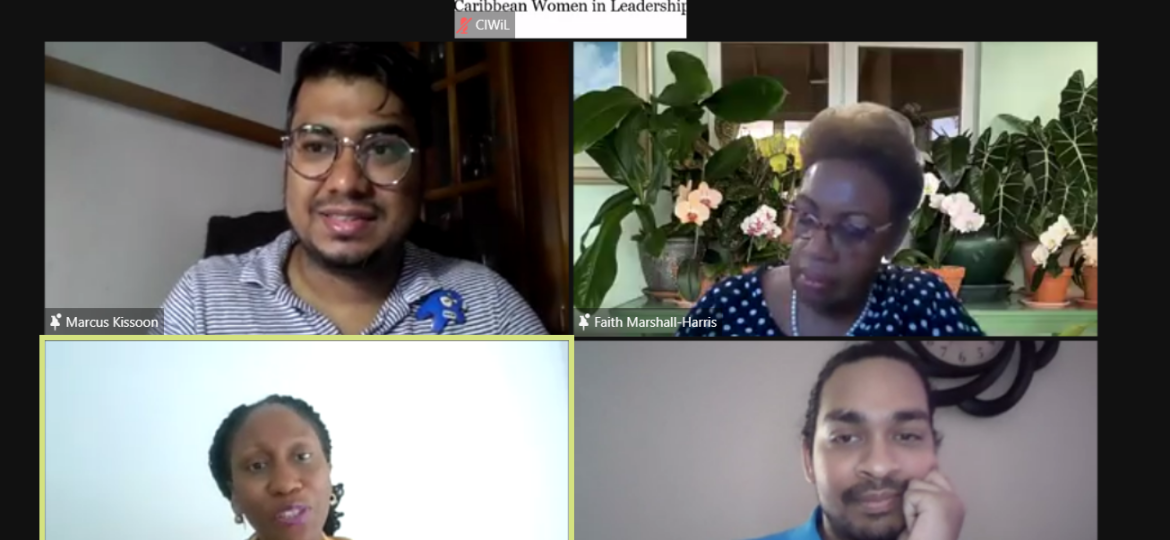
Although all countries in the Caribbean are parties to the United Nations Convention on the Rights of the Child, many countries fall short of fulfilling these rights. In almost every country in the world children are more likely to live in poverty than adults. This is true for the Eastern Caribbean where in every country in the region, child poverty was higher than adult poverty, with rates ranging from 7.2% in Anguilla to above 50% in Grenada. On average one in every three children in the ECA was poor. Children in Latin America and the Caribbean experienced some of the longest and uninterrupted COVID-19 school closures in the world. On average, students in the region lost, fully or partially, two thirds of all in-person school days since the start of the pandemic, with an estimated loss of 1.5 years of learning. Further, during the COVID19 pandemic, school closures around the world impacted more than 1.5 billion children. Movement restrictions, loss of income, isolation, overcrowding and high levels of stress and anxiety increased the likelihood that children experience and observe physical, psychological and sexual abuse at home – particularly those children already living in violent or dysfunctional family situations.
Additionally, while online communities became central to maintain many children’s learning, support and play, it also increased their exposure to cyberbullying and sexual exploitation. Many girls and boys in the Caribbean are not growing up in safe environments and are exposed to levels of violence and abuse. A recent regional UNICEF report, “A statistical profile of violence against children in Latin America and the Caribbean,” published in 2022 finds that almost 2 in 3 children aged 1 to 14 in the region experience violent discipline at home. According to other research 20-40 per cent of girls in the Eastern Caribbean Area have faced sexual abuse. Up to 70 per cent of our children have experienced some form of physical violence or psychological abuse.
Child protection systems connect children to vital social services and fair justice systems. Protecting children means protecting their physical, mental and psychosocial needs to safeguard their futures. These persistent violations of the rights of children in the region point to an increasing need to progress beyond responding to a specific, individual issue towards implementing a more integrated, systems-based, multidisciplinary and multistakeholder approach to preventing and protecting children from all forms of violence.
To further discuss this topic, CIWiL hosted a Regional Webinar entitled, ‘A Multistakeholder Approach to Promoting Child Rights & Protection’ on Wednesday 24th May, 2023.
The webinar presenters included:
- Faith Marshall-Harris – Vice-Chair and Rapporteur, The United Nations Committee on the Rights of the Child (UNCRC).
- Matthew Batson- Child Friendly Spaced Coordinator, UNICEF
- Diahann Gordon Harrison – Children’s Advocate of Jamaica & National Rapporteur on Trafficking in Persons, Office of
the Children’s Advocate (OCA) - Marcus Kissoon – Feminist Scholar and Advocate for Children’s Rights (Moderator)
To view the full webinar, click here.
Webinar Resources
To review the resources shared in the webinar, click on the following links:

